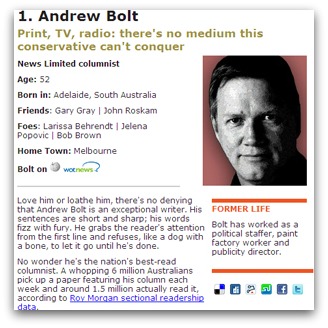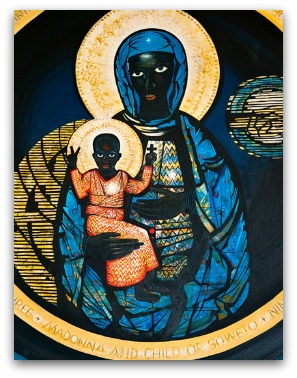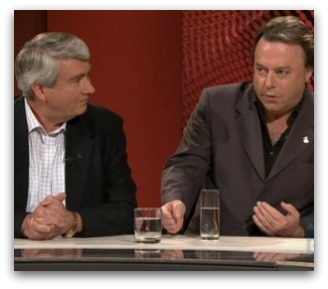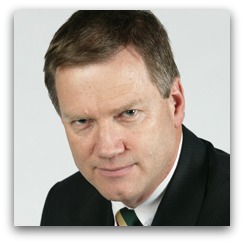Keywords: Racial Discrimination
-

RELIGION
- Frank Brennan
- 22 November 2011
16 Comments
The National Apology began a process of relationship-building with Aboriginal Australians. This process has come to an end, with ministerial calls for racially targeted docking of welfare payments for parents whose children are not attending school on remote communities.
READ MORE 
-

RELIGION
- Frank Brennan
- 22 November 2011
1 Comment
Text from the 4th Annual Gerald Ward Lecture 'How do we design a dignified welfare safety net without becoming a Nanny State? — Lessons from Catholic Social Teaching', presented by Fr Frank Brennan SJ at the National Library of Australia, 18 November 2011.
READ MORE
-

MEDIA
- Dilan Thampapillai
- 14 October 2011
6 Comments
Paradoxically, the Andrew Bolt case has advanced each of the three rationales that typically support free speech. A democracy cannot flourish when some members of the community are free to say what they want while others are forced to speak from the margins of society.
READ MORE 
-

MEDIA
- Binoy Kampmark
- 30 September 2011
36 Comments
The Federal Court found that fair-skinned Aboriginal people were likely to have been 'offended, insulted, humiliated or intimidated' by Bolt's articles. Bolt lamented the passing of free speech in Australia. But free speech cuts both ways, and no freedom is absolute.
READ MORE 
-

AUSTRALIA
- Duncan Maclaren
- 31 August 2011
2 Comments
My last visit to South Africa was in 1989 when apartheid was in its death throes. The only difference between then and now in the gap between the poor (mostly black and so-called coloureds) and rich is that some blacks have become the 'nouveaux riches' of the new South Africa.
READ MORE 
-

ARTS AND CULTURE
- Ellena Savage
- 19 August 2011
3 Comments
On my last night in Alice, we went to the pub, and drank and danced with some locals. Patricia, for whom English was a fourth language, had moved to Alice to be with her husband. Her manner of speech was beautiful. When she invited us to her table, she said, 'Come, I'll tell you a story.'
READ MORE 
-

RELIGION
- Frank Brennan
- 02 August 2011
1 Comment
I am bemused that whenever I agitate questions of Aboriginal and refugee rights I am well received by liberals, who then question my clerical entitlement to speak when I buy into debates on issues like euthanasia and embryonic stem cell research. On same sex marriage, I am attacked from both sides.
READ MORE
-

RELIGION
- Frank Brennan
- 18 July 2011
Speech given by Fr Frank Brennan SJ at the 'Law and Religion: Legal Regulation of Religious Groups, Organisations and Communities' Conference Dinner in Melbourne on 15 July 2011.
READ MORE
-

RELIGION
- Frank Brennan
- 18 July 2011
5 Comments
When I appeared on Q&A with Christopher Hitchens, a young man asked whether we can 'ever hope to live in a truly secular society' while the religious continue to 'affect political discourse and decision making' on euthanasia, same-sex unions and abortion. Hitchens was simpaticao. I was dumbstruck.
READ MORE
-

AUSTRALIA
Far from being demonised, people living rough on the streets should be respected and admired for their tenacity and inventiveness. This week a group of business and community leaders will seek to learn from the people who live in the guts of our greatest social problem.
READ MORE 
-

AUSTRALIA
- Moira Rayner
- 10 April 2011
20 Comments
The litigation against Herald Sun columnist Andrew Bolt shows the limitation of a court-focused, plaintiff-led approach to racial vilification. There are alternative ways of responding to racial and religious vilification that do not involve litigation.
READ MORE 
-

MEDIA
- Ellena Savage
- 01 April 2011
36 Comments
Some perceive the racial vilification case against Herald Sun columnist Andrew Bolt as a challenge to free speech. But this case is about more than silencing critiques of the construction of race, and indeed Bolt himself.
READ MORE 